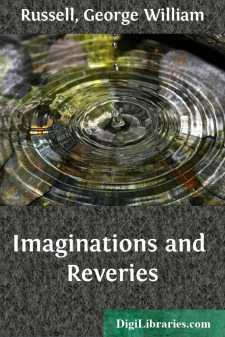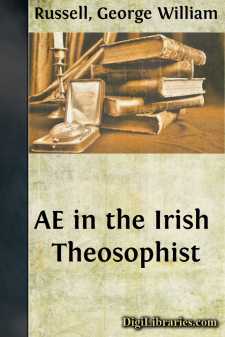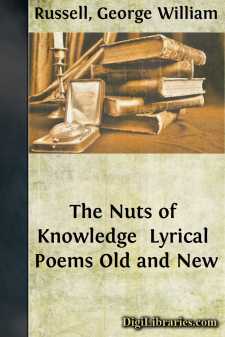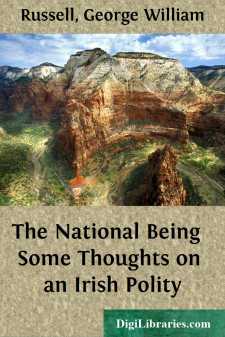Categories
- Antiques & Collectibles 13
- Architecture 36
- Art 48
- Bibles 22
- Biography & Autobiography 813
- Body, Mind & Spirit 142
- Business & Economics 28
- Children's Books 15
- Children's Fiction 12
- Computers 4
- Cooking 94
- Crafts & Hobbies 4
- Drama 346
- Education 46
- Family & Relationships 57
- Fiction 11828
- Games 19
- Gardening 17
- Health & Fitness 34
- History 1377
- House & Home 1
- Humor 147
- Juvenile Fiction 1873
- Juvenile Nonfiction 202
- Language Arts & Disciplines 88
- Law 16
- Literary Collections 686
- Literary Criticism 179
- Mathematics 13
- Medical 41
- Music 40
- Nature 179
- Non-Classifiable 1768
- Performing Arts 7
- Periodicals 1453
- Philosophy 64
- Photography 2
- Poetry 896
- Political Science 203
- Psychology 42
- Reference 154
- Religion 513
- Science 126
- Self-Help 84
- Social Science 81
- Sports & Recreation 34
- Study Aids 3
- Technology & Engineering 59
- Transportation 23
- Travel 463
- True Crime 29
Imaginations and Reveries
Description:
Excerpt
NATIONALITY OR COSMOPOLITANISM
As one of those who believe that the literature of a country is for ever creating a new soul among its people, I do not like to think that literature with us must follow an inexorable law of sequence, and gain a spiritual character only after the bodily passions have grown weary and exhausted themselves. In the essay called The Autumn of the Body, Mr. Yeats seems to indicate such a sequence. Yet, whether the art of any of the writers of the decadence does really express spiritual things is open to doubt. The mood in which their work is conceived, a distempered emotion, through which no new joy quivers, seems too often to tell rather of exhausted vitality than of the ecstasy of a new life. However much, too, their art refines itself, choosing, ever rarer and more exquisite forms of expression, underneath it all an intuition seems to disclose only the old wolfish lust, hiding itself beneath the golden fleece of the spirit. It is not the spirit breaking through corruption, but the life of the senses longing to shine with the light which makes saintly things beautiful: and it would put on the jeweled raiment of seraphim, retaining still a heart of clay smitten through and through with the unappeasable desire of the flesh: so Rossetti's women, who have around them all the circumstance of poetry and romantic beauty, seem through their sucked-in lips to express a thirst which could be allayed in no spiritual paradise. Art in the decadence in our time might be symbolized as a crimson figure undergoing a dark crucifixion: the hosts of light are overcoming it, and it is dying filled with anguish and despair at a beauty it cannot attain. All these strange emotions have a profound psychological interest. I do not think because a spiritual flaw can be urged against a certain phase of life that it should remain unexpressed. The psychic maladies which attack all races when their civilization grows old must needs be understood to be dealt with: and they cannot be understood without being revealed in literature or art. But in Ireland we are not yet sick with this sickness. As psychology it concerns only the curious. Our intellectual life is in suspense. The national spirit seems to be making a last effort to assert itself in literature and to overcome cosmopolitan influences and the art of writers who express a purely personal feeling. It is true that nationality may express itself in many ways: it may not be at all evident in the subject matter, but it may be very evident in the sentiment. But a literature loosely held together by some emotional characteristics common to the writers, however great it may be, does not fulfill the purpose of a literature or art created by a number of men who have a common aim in building up an overwhelming ideal—who create, in a sense, a soul for their country, and who have a common pride in the achievement of all. The world has not seen this since the great antique civilizations of Egypt and Greece passed away. We cannot imagine an Egyptian artist daring enough to set aside the majestic attainment of many centuries....






